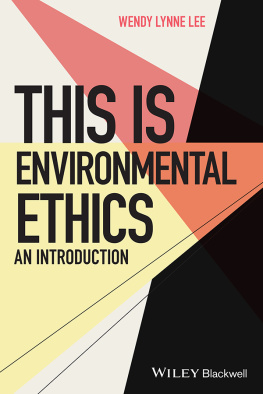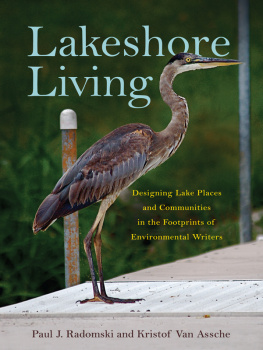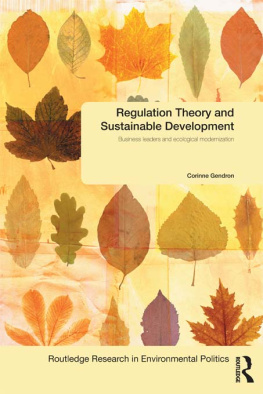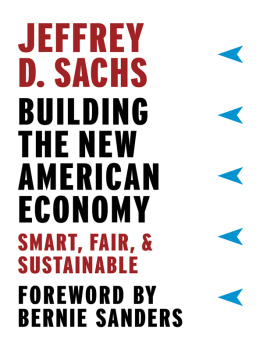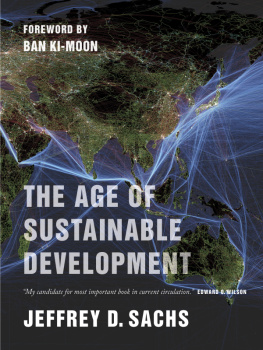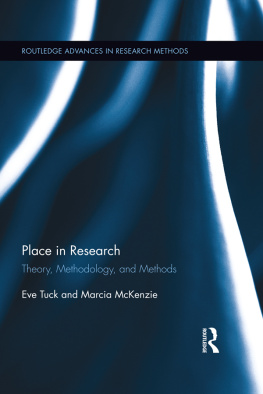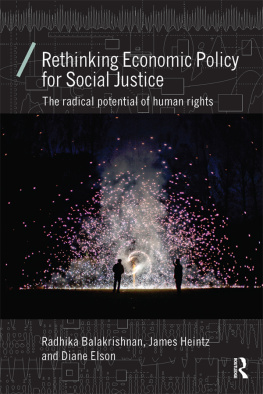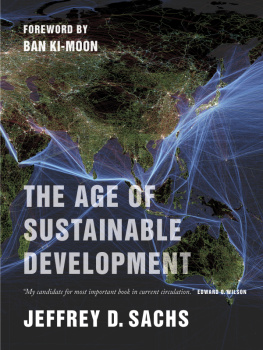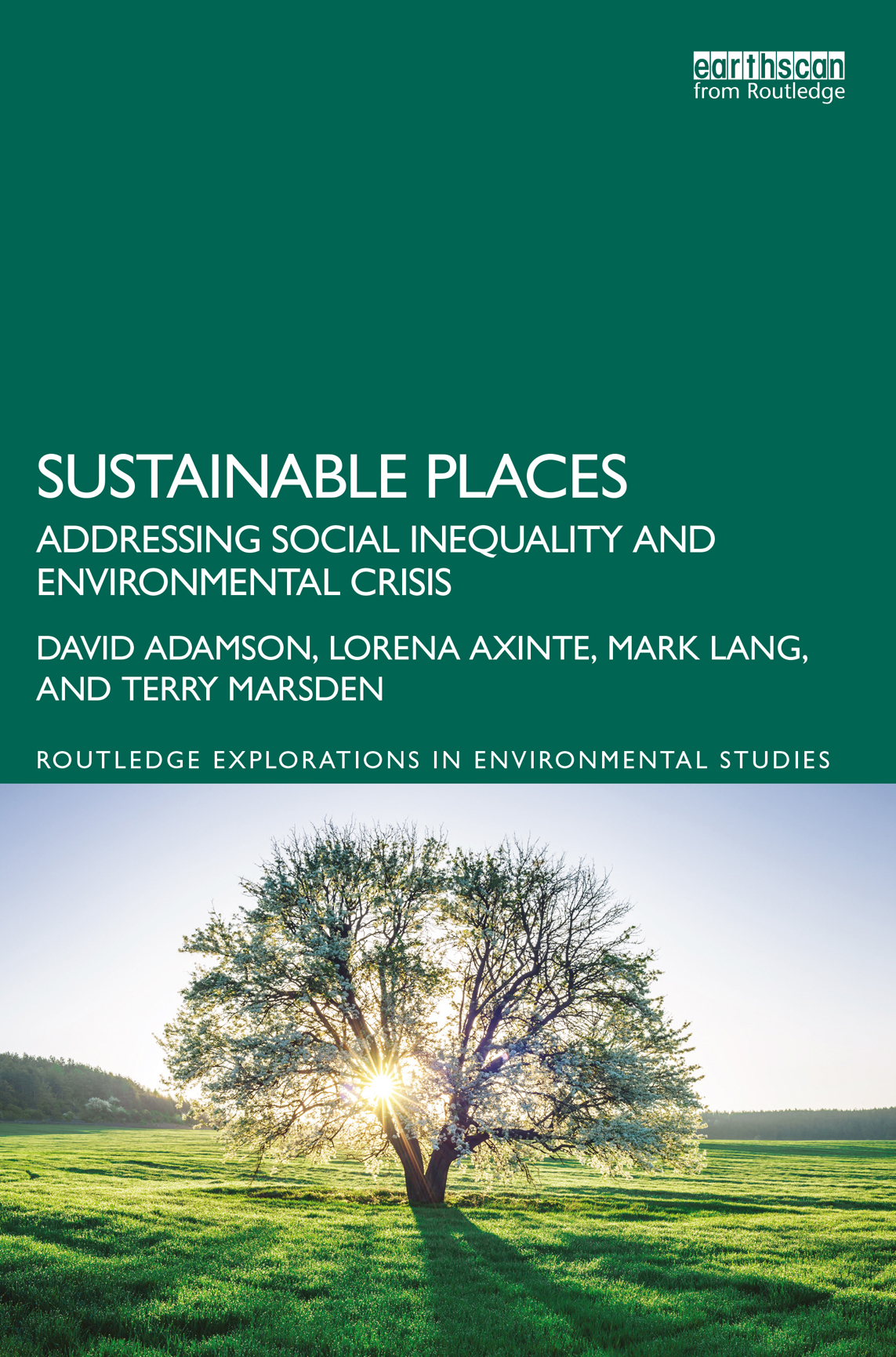
Sustainable Places
At the intersection of environmental sustainability, economic and social disintegration, and regeneration, this book offers a new engaged methodology and approach that problematises spatial and social inequality but also offers a way forward for local communities as the testbed for sustainability.
This book calls for more holistic place-based action to address the social and environmental crisis, deploying the Deep Place approach as one contribution to the toolbox of actions that will underpin the UN Decade of Action towards the Sustainable Development Goals. The authors suggest that place is a critical window on how to conceive a resolution to the multiple and overlapping crises. As well as diagnosing the problem (the world as it is), this book also offers a normative advocacy (the world as it could/should be and proposed pathways to get there). A series of Deep Place case studies from the UK, Australia, and Vanuatu help to illustrate this approach. Ultimately, the book argues for the need for a real and green new deal and identifies what this should be like. It suggests that a new economic order, whilst eventually inevitable, requires radical change. This will not be easy but will be essential given the current impasse, caused, not least by the conjunction of carbon-based, neoliberal capitalism in crisis and the multifactorial global ecological crisis. Ultimately, it concludes that there is a need to develop a new model of regenerative collectivism to overcome these crises.
This book will be of interest to academics, policy practitioners, and social and climate justice advocates/activists.
David Adamson is an Honorary Professor at the College of Health, University of Newcastle, Australia, and Emeritus Professor at the University of South Wales, UK.
Lorena Axinte is a Research Associate at the School of Geography and Planning, Cardiff University, UK.
Mark Lang is an Honorary University Associate at the School of Law and Politics, Cardiff University, UK.
Terry Marsden is an Emeritus Professor of Environmental Policy and Planning at the School of Geography and Planning, Cardiff University, UK.
In the context of the multiple and conjoined crises, contradictions, contingencies, and extremities facing our planet, Sustainable Places is an original and important statement on the power of place to act as that fulcrum of hope to shape a better foundational world. Rich in conceptual framings and empirical nuances, this book is recommended reading for boffins, bureaucrats and all parties interested in understanding why and where geography increasingly matters. Carbon-based neoliberal global capitalism is in crisis, but there are alternatives.
Professor Martin Jones,Vice-Chancellor, Staffordshire University
The Deep Place approach offers hope at a moment when the decades-long push to globalise everything is crumbling under the pressures of war, disease, and social tensions of private wealth and social impoverishment. Having long pioneered theory and praxis of sustainable place-making, the authors help us shift away from a negative, fearful mindset one that fails to see the possibility to change the institutions that inflict harms on one another and on earthly conditions of all life. Beginning with each specific place, human groups can reconnect in life-enhancing ways both within places of all sizes, and across places. This work offers inspiring examples of embryonic practices to guide democratic transitions towards collective wealth and wellbeing.
Professor Harriet Friedmann,University of Toronto
Routledge Explorations in Environmental Studies
Polluting Textiles
The Problem with Microfibres
Edited by Judith S. Weis, Francesca De Falco, and Mariacristina Cocca
Biocultural Rights, Indigenous Peoples and Local Communities
Protecting Culture and the Environment
Edited by Fabien Girard, Ingrid Hall, and Christine Frison
Rethinking Geographical Explorations in Extreme Environments
From the Arctic to the Mountaintops
Edited by Marco Armiero, Roberta Biasillo, and Stefano Morosini
Governance Networks for Sustainable Cities
Connecting Theory and Practice in Europe
Katherine Maxwell
Nature and Bureaucracy
The Wildness of Managed Landscapes
David Jenkins
Art, Farming and Food for the Future
Transforming Agriculture
Barbara L. Benish and Nathalie Blanc
Sustainable Places
Addressing Social Inequality and Environmental Crisis
David Adamson, Lorena Axinte, Mark Lang, and Terry Marsden
For more information about this series, please visit: www.routledge.com/Routledge-Explorations-in-Environmental-Studies/book-series/REES
Cover image: Misha Kaminsky
First published 2023
by Routledge
4 Park Square, Milton Park, Abingdon, Oxon OX14 4RN
and by Routledge
605 Third Avenue, New York, NY 10158
Routledge is an imprint of the Taylor & Francis Group, an informa business
2023 David Adamson, Lorena Axinte, Mark Lang and Terry Marsden
The right of David Adamson, Lorena Axinte, Mark Lang, and Terry Marsden to be identified as authors of this work has been asserted in accordance with sections 77 and 78 of the Copyright, Designs and Patents Act 1988.
All rights reserved. No part of this book may be reprinted or reproduced or utilised in any form or by any electronic, mechanical, or other means, now known or hereafter invented, including photocopying and recording, or in any information storage or retrieval system, without permission in writing from the publishers.
Trademark notice: Product or corporate names may be trademarks or registered trademarks and are used only for identification and explanation without intent to infringe.
British Library Cataloguing-in-Publication Data
A catalogue record for this book is available from the British Library
Library of Congress Cataloging-in-Publication Data
A catalog record has been requested for this book
ISBN: 978-1-032-11794-2 (hbk)
ISBN: 978-1-032-11791-1 (pbk)
ISBN: 978-1-003-22155-5 (ebk)
DOI: 10.4324/9781003221555
Typeset in Bembo
by codeMantra
Acknowledgements
The research informing this book and the various Deep Place studies outlined in Part Two have been developed by the authors over many years. We would like to thank the communities, organisations, and colleagues who have supported and engaged with us on this journey. We would particularly like to thank the Centre for Regeneration Excellence Wales, Cardiff University, Caerphilly County Borough Council, and Compass Housing, without whom it would have been difficult to undertake our Deep Place studies.
Part One
Global crisis Our moment of reckoning
DOI: 10.4324/9781003221555-2
Every one of us has our origins in a physical space, a location where we begin our human development and establish relationships with family, friends, community, and our physical and natural environment. Depending on that location, we will play and mature in urban streets, municipal parks, rural woodland, or those fascinating combinations at the edge of both city and rurality. For those of us living beyond the boundaries of the so-called developed world, this life journey may engage with a transition from rural and traditional life patterns to the deprivations of the informal settlements of rapidly urbanising cities. In that dichotomy, we see laid bare the way that
Next page

